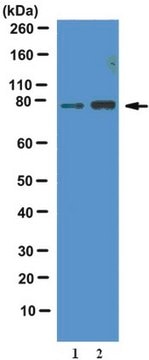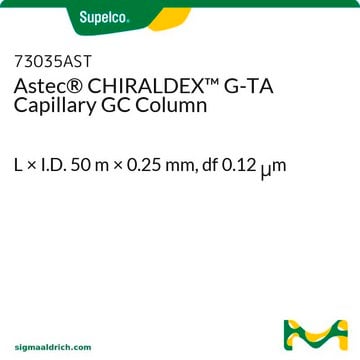About This Item
Recommended Products
grade
SAJ special grade
vapor density
7.66 (vs air)
vapor pressure
1 mmHg ( 100 °C)
assay
≥98.0%
form
liquid
autoignition temp.
854 °F
expl. lim.
0.75 %, 187 °F
availability
available only in Japan
refractive index
n20/D 1.502 (lit.)
bp
298-299 °C (lit.)
mp
−3 °C (lit.)
density
1.12 g/mL at 25 °C (lit.)
application(s)
microbiology
SMILES string
CCOC(=O)c1ccccc1C(=O)OCC
InChI
1S/C12H14O4/c1-3-15-11(13)9-7-5-6-8-10(9)12(14)16-4-2/h5-8H,3-4H2,1-2H3
InChI key
FLKPEMZONWLCSK-UHFFFAOYSA-N
Looking for similar products? Visit Product Comparison Guide
Storage Class
10 - Combustible liquids
wgk_germany
WGK 2
flash_point_f
338.0 °F - closed cup
flash_point_c
170 °C - closed cup
ppe
Eyeshields, Gloves
Certificates of Analysis (COA)
Search for Certificates of Analysis (COA) by entering the products Lot/Batch Number. Lot and Batch Numbers can be found on a product’s label following the words ‘Lot’ or ‘Batch’.
Already Own This Product?
Find documentation for the products that you have recently purchased in the Document Library.
Our team of scientists has experience in all areas of research including Life Science, Material Science, Chemical Synthesis, Chromatography, Analytical and many others.
Contact Technical Service




